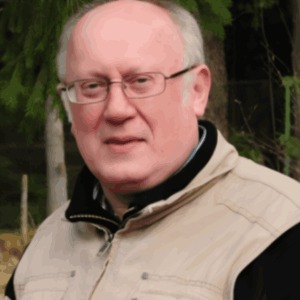Title : Small mammal ecology in commercial orchards and berry plantations: case study in Lithuania
Abstract:
We studied small mammal ecology (numbers, diversity, reproduction, body condition, differences in the trophic niches and concentrations of various elements in their bodies) in commercial orchards and berry plantations, these being important parts of agricultural ecosystems in Lithuania (northern Europe). In 2018–2020 at 18 sites across the country, we registered 11 species of rodents and insectivores. We conclude that commercial orchards are dominated by common vole (Microtus arvalis), yellow-necked mouse (Apodemus flavicollis) and striped field mouse (A. agrarius) in similar proportions, ca 30% each. Analysis of carbon and nitrogen stable isotope ratios in the hair samples show three granivore species being fully separated according to δ15N values, thus presuming different amounts of food of animal origin in their diet. Separation according to δ13C was not expressed, and intra-specific differences of the isotopic niche were not present. We found trophic niches of three syntopic Microtus vole species being stable throughout the vegetation season, with the widest one being a characteristic of the dominant common vole. These results give new insights into the trophic ecology small herbivores, showing the impact of species co-occurrence. Analyzing 21 elemental concentrations in rodents we found the main sources of variability in elemental concentration were animal species and age, crop and intensity of agricultural practices. Higher concentrations of Cu, Mn, Bi, Co, Cr, Fe, Ni, Sr and Pb in the muscle and bones of the dominant species of rodents from the crop areas in comparison to those in control habitats confirmed that fertilization and the use of pesticides could induce differences in accumulated elemental concentrations. Results also show that commercial orchards are cleaner than industrially heavily polluted sites. Analysing parameters of the community and species we found that the number of species inhabiting orchards was quite stable throughout the vegetation season. Species richness, diversity and relative abundance were not dependent on crop type, yet abundance and diversity decreased in the most intensive agricultural practices (Shannon’s H=1.359, compared to H=1.551–1.521 under practices of low and medium intensity) and increased in old crops (H=1.605 vs H=1.051–1.213 in young and medium-aged crops). Small mammal diversity in apple orchards (H=1.604) exceeded their diversities in forests within the country (H=0.55–1.64) and was significantly higher than in crop fields (H=0.53–1.40). Body condition in most species decreased in autumn, with the exception of A. agrarius. Breeding disturbances were recorded in all of the most numerous species, accounting for 14.3–43.9% of all observed pregnancies in commercial orchards. We conclude that old orchards with low intensities of agricultural practices are important territories, maintaining sustainable populations and diversity of small mammals in the agrolandscape.



